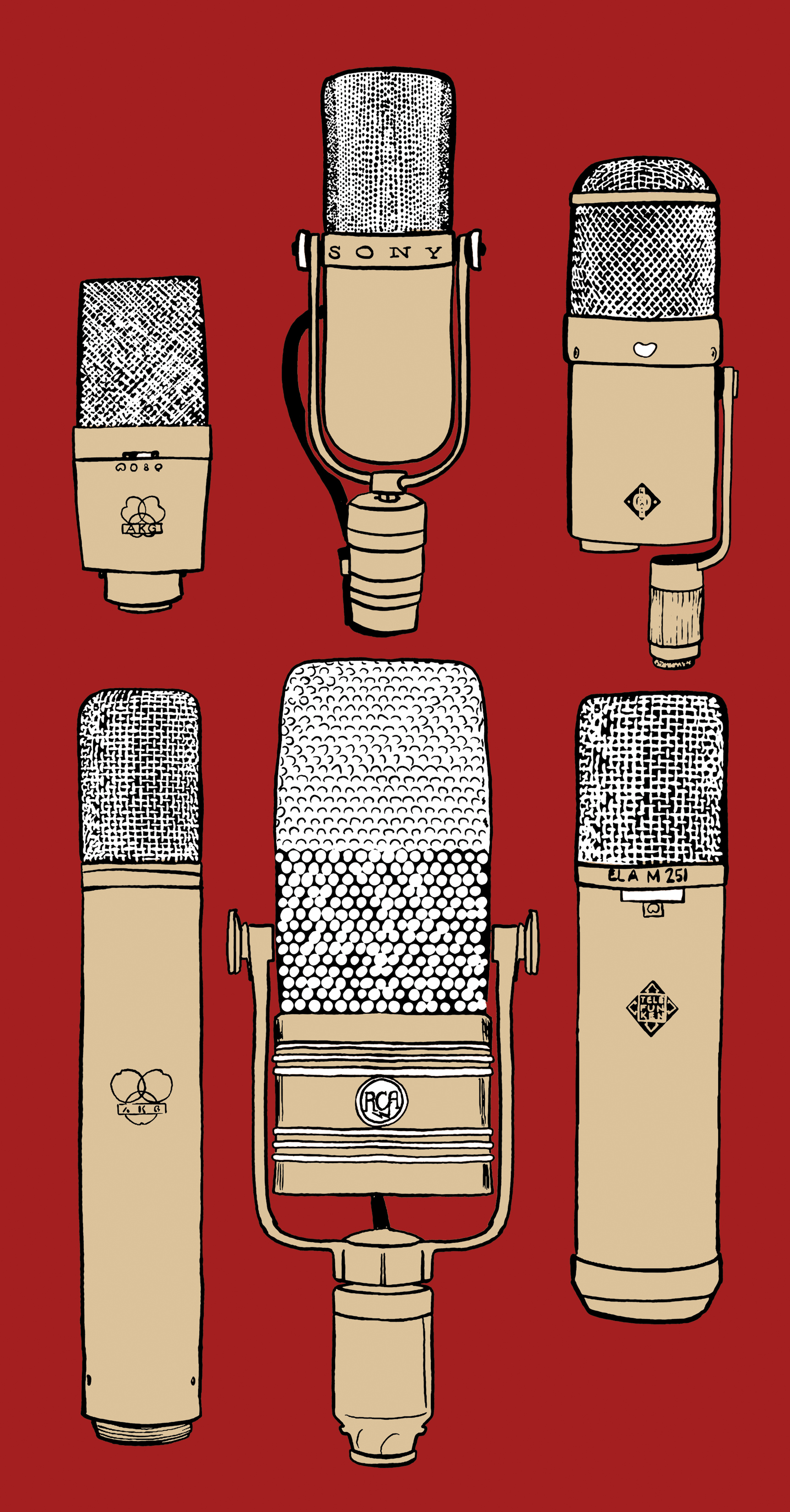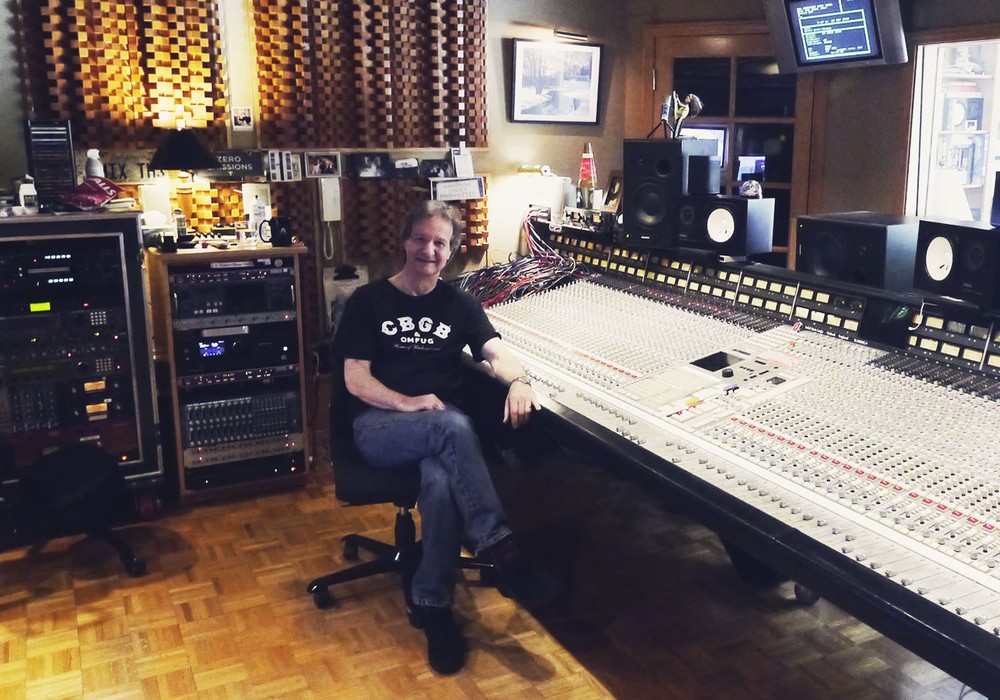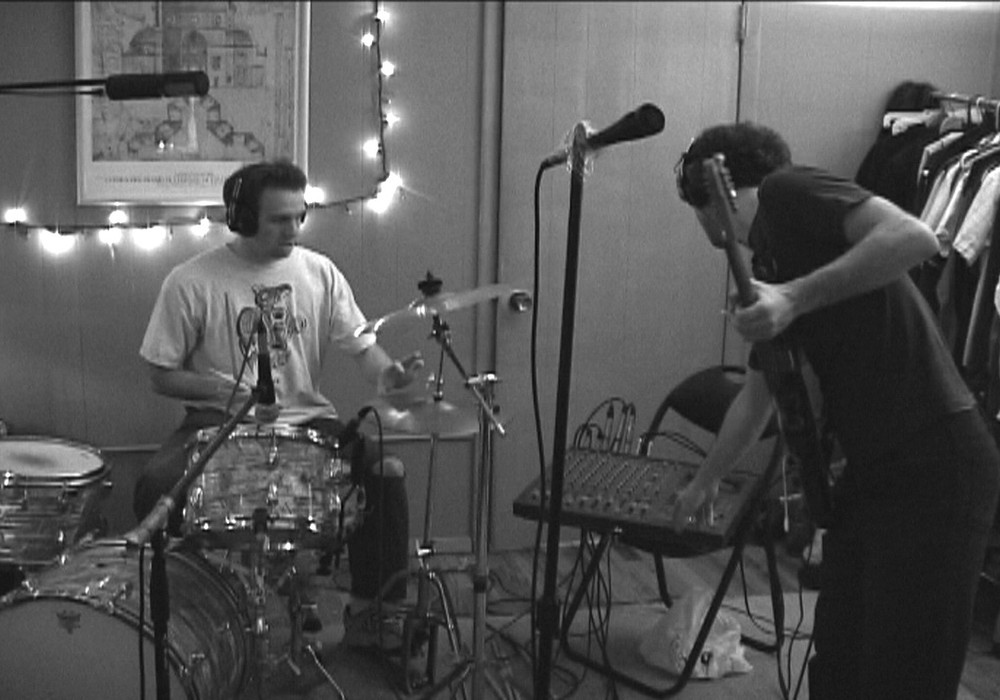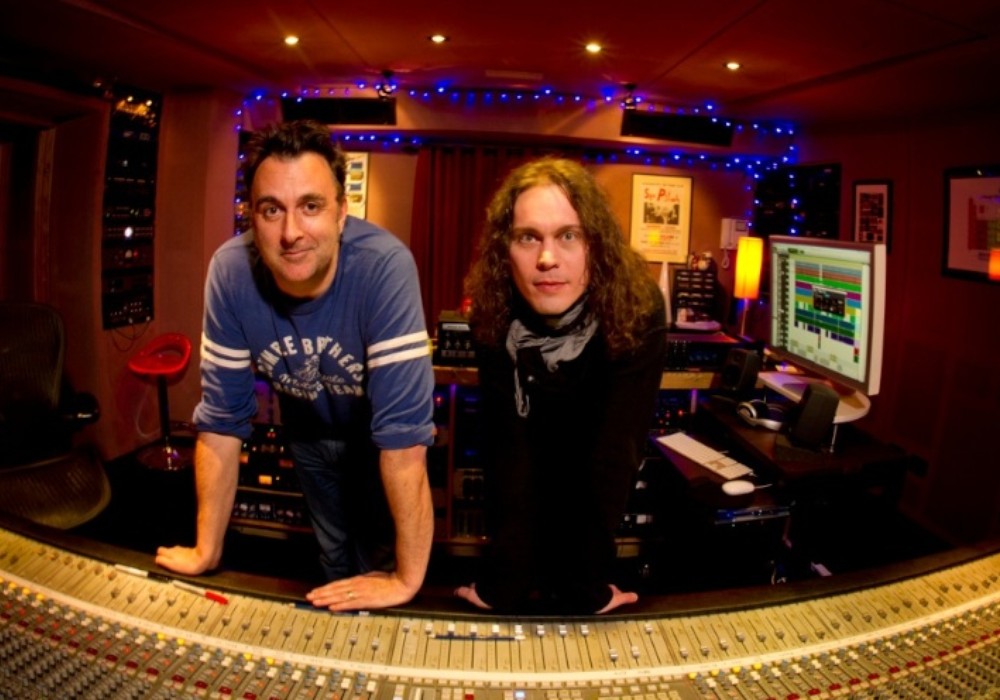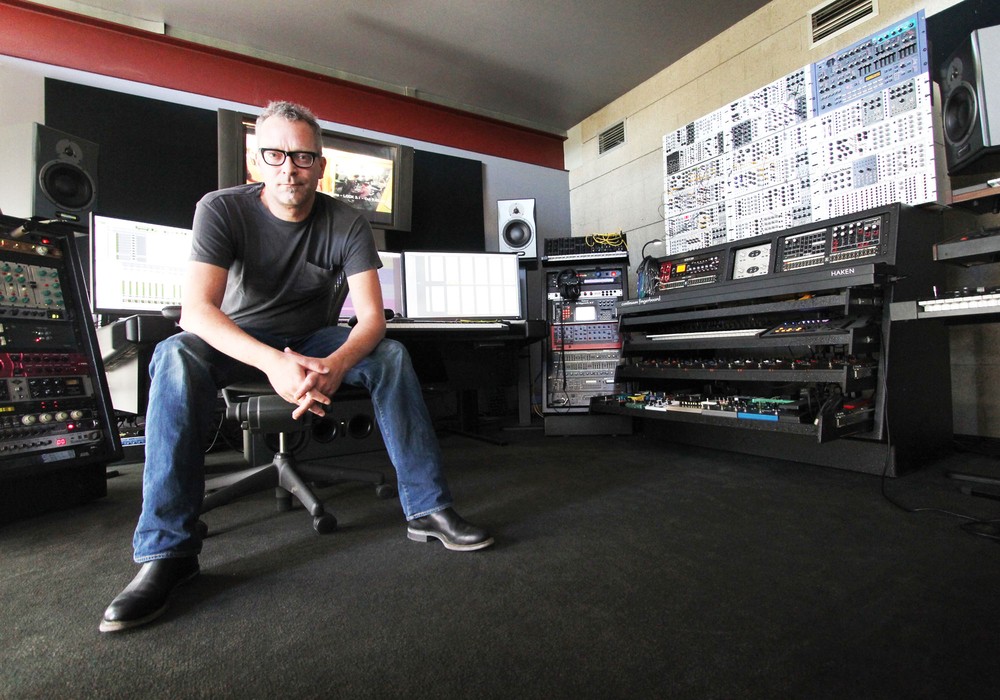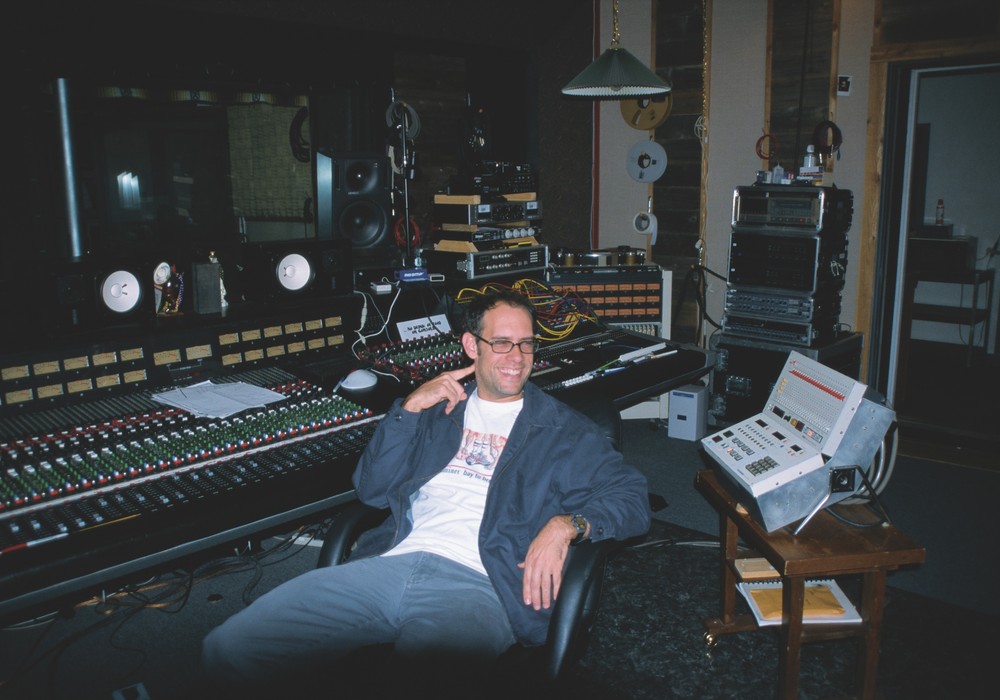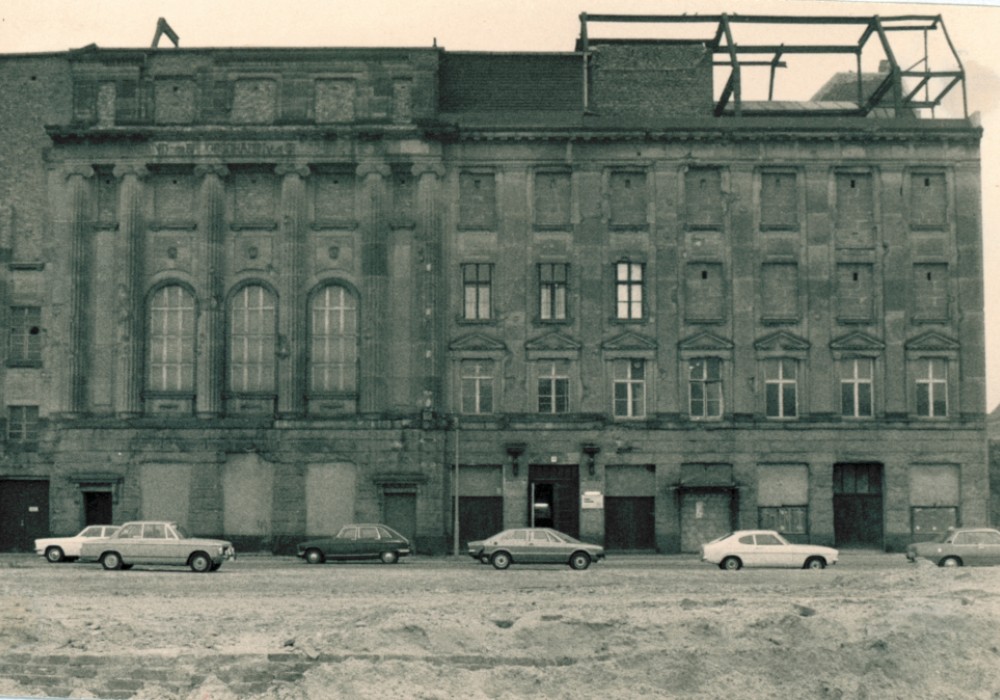I've wanted to do an interview with noted mix engineer Bob Clearmountain for many years. Ever since I first heard tales from artists who had worked with him about how he finds the heart of a song's mix in under an hour, I wanted to know how he does it. On top of that, every mix engineer we've interviewed generally calls out Clearmountain as one of their favorite mixers. I will usually start research for a Tape Op interview by going to Allmusic.com and printing out their discography, but in Bob's case it was 47 pages long and my environmental conscience kept me from printing that many pages! I had to wing it with some handwritten notes instead.
You started off engineering and mixing in New York, but you're now mainly mixing and doing a lot less tracking?
Yeah, very little.
I would imagine mixing allows you to work on more records versus tracking and producing. Do you enjoy that aspect of it?
I did produce for a while in the '80s. All of us engineers thought, "I'm trying to become a producer." I went along with it. My favorite part of producing was the end of the day when somebody asked for a rough mix. I didn't actually like producing, and I didn't admit that to myself for years. I finally got it. "Why am I doing something I don't think I'm actually that good at, and that I don't really like?" I'm not a psychologist, and you really have to be one in order to be a good producer. Not only that, but you have to be an accomplished musician. I was a hack musician. I couldn't really go over to the piano and say, "Play these chords." With mixing, I can sit down, push the faders up, turn some knobs, dial up some reverb, and say, "What do you think of that?" That I can do. I think I got pretty good at it over the years. I started to realize that people were booking me just to mix their album; a record that they had finished producing. Not only that, but my manager at the time said, "Why are you bothering with producing? You could do so much better just mixing records." It made sense.
How long does it take you to mix a song on average?
Well, it depends on what it is. Normally, if the arrangements are good, and the producer and the artist aren't dickheads, I'll get two a day. If something's complicated, or we have to make a lot of decisions, it'll take a day. Then sometimes I'll work with somebody like [Robert John] "Mutt" Lange, where it takes maybe a week. I don't really understand why that is.
Do you still enjoy doing this? I mean you probably don't have to do this if you didn't want to, but you're still working at it.
I absolutely enjoy it. It's pretty much my favorite thing to do, still. I love the puzzle of it. I love getting a new multitrack, putting it up having never heard it before, and listening to a rough mix, or something like that, to get a good idea of what the artist and the producer had in mind. Then I'm going through and figuring out what each element is, and what they're doing. I go through the faders. I'll put up a rough mix and think, "Okay, what do these things do? What do they contribute to the narrative of this song?" I always go through the "crisis mode" of putting the thing up and going, "Oh, my god, what am I going to do with this? I'll never be able to make this sound good." Then, after a little while, it tends to come together. I get drawn into it. I figure out what everything does, and then it turns into something that sounds like something. It's so much fun to do that. It's like working on a crossword puzzle. Once I start getting it, it starts to come, and I feel like I've done something.
I heard a comment from someone who worked with you that really intrigued me. They were working on a track and they were lost; they didn't know if the song was working or not. They had you mix it and said that you had cleared the clutter and found the song within a half an hour. All of a sudden, the track was working! How do you solve the puzzle?
Well, there's no particular method. I don't even understand it. That's the problem. It's a little scary, because, to me, it doesn't seem like I'm doing anything. It's like, "Why can't anyone do this?" It seems so simple. I'll find the obvious things that pique my interest in a song. Then I find the things that don't, and I weed them out. I base everything around the voice....
